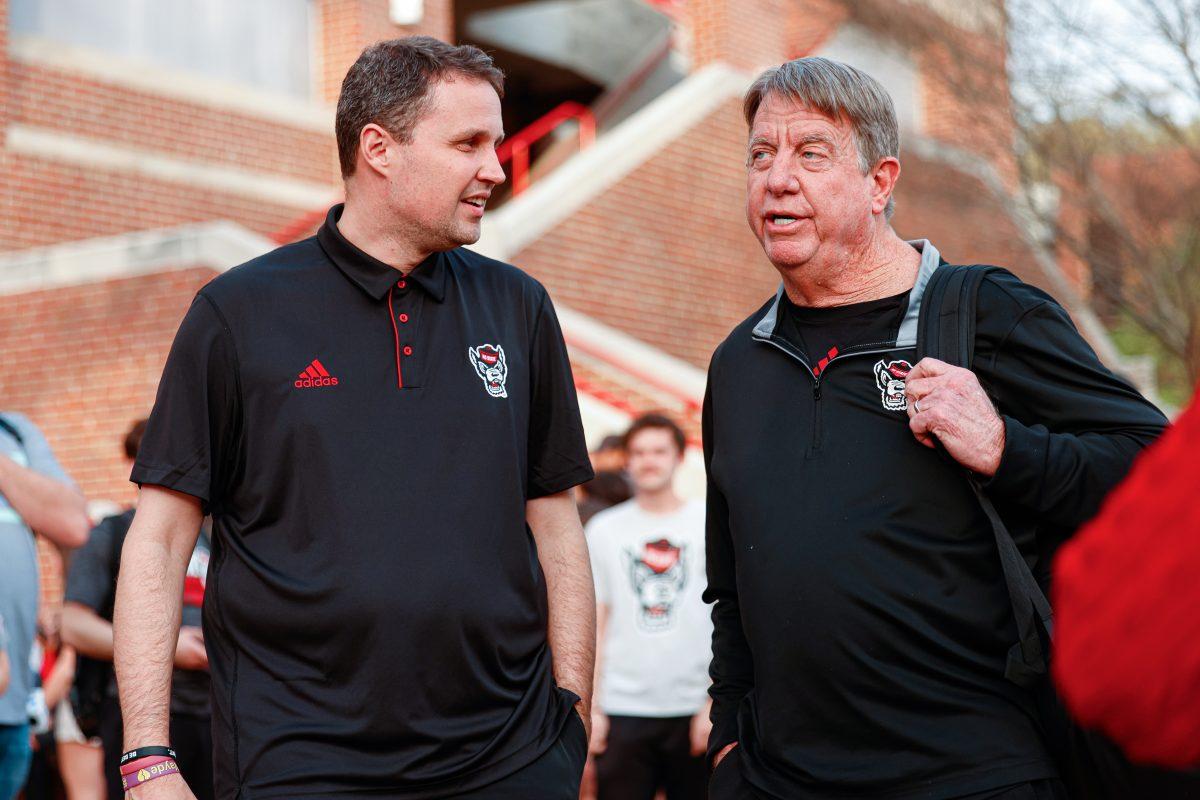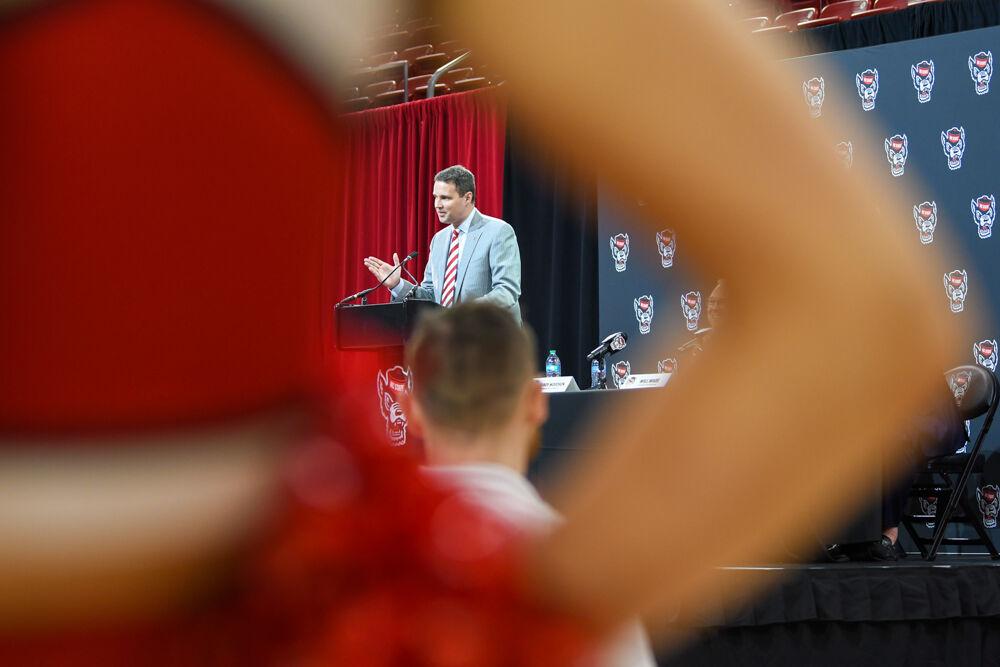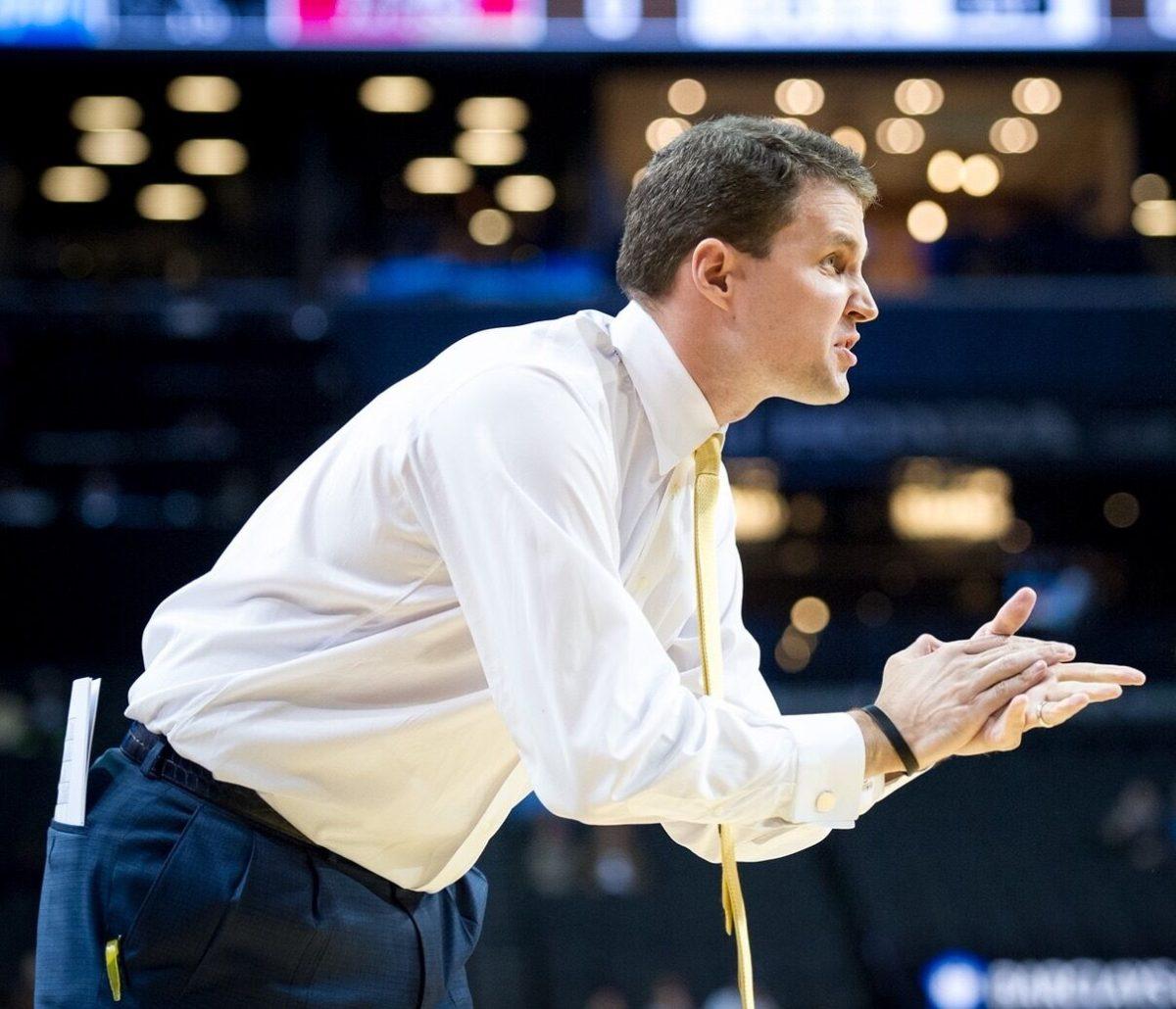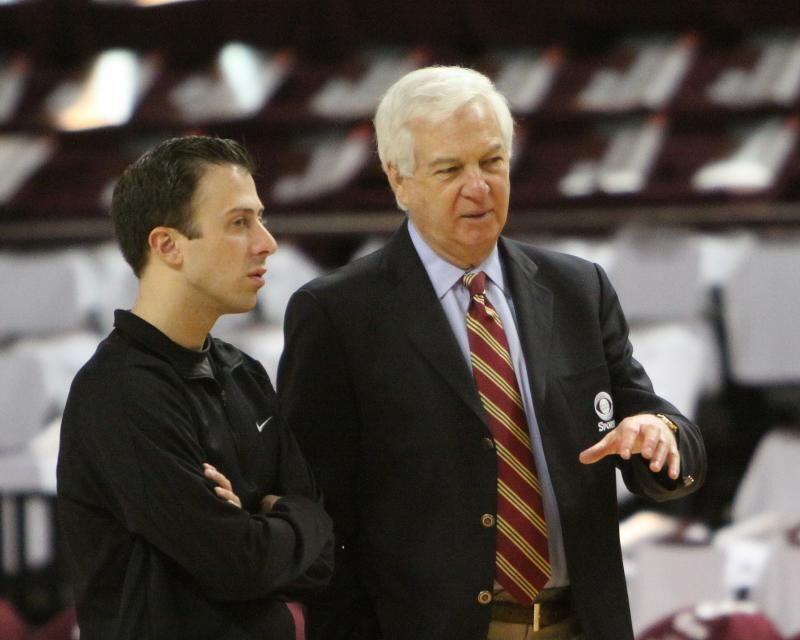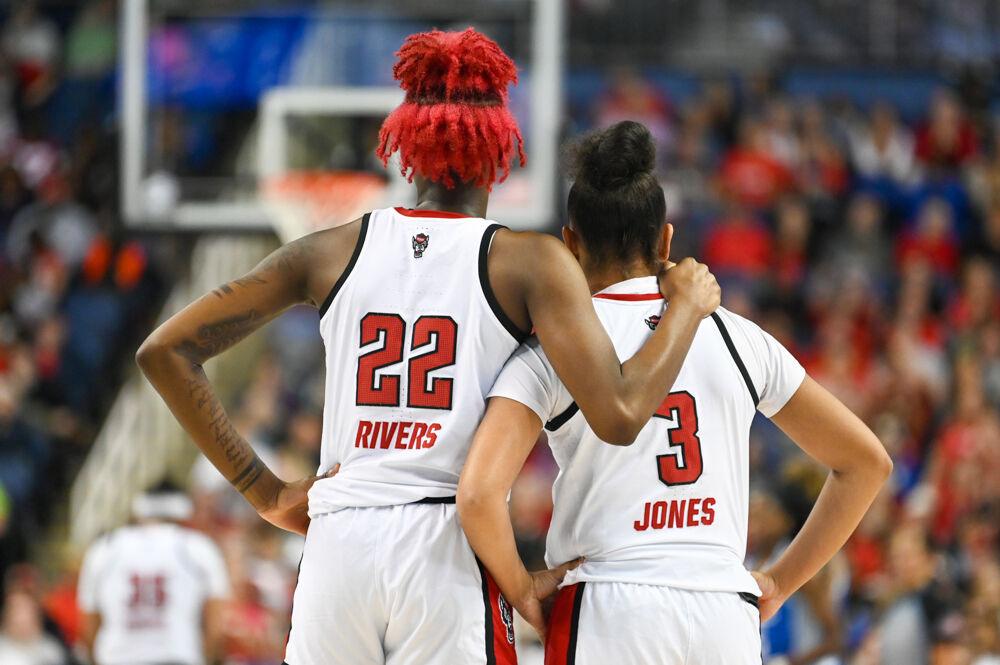On March 23, North Carolina Gov. Pat McCrory signed House Bill 2 into state law amid much protest. While the bill is meant to prevent any anti-discrimination laws against race, religion and sex, the bill took heat for taking away anti-discrimination laws from members of the transgender community.
During the past few weeks, HB2 has sparked major controversy, from the LGBT community launching large protests and civil suits to large businesses such as PayPal pulling jobs from Charlotte, to Bruce Springsteen canceling his concert in North Carolina out of solidarity for the community.
Another major aspect that has been in focus is the bill’s impact in the sports community. Most notably, the 2017 NBA All-Star Game, which is set to happen in Charlotte next February, is rumored to be pulled from the city. The NBA released a statement regarding HB2 shortly after it passed.
“We are deeply concerned that this discriminatory law runs counter to our guiding principles of equality and mutual respect and do not yet know what impact it will have on our ability to successfully host the 2017 All-Star Game in Charlotte,” the statement said.
Shortly after the bill was passed in March, TNT basketball analyst Charles Barkley called for the game to be moved from the city and placed in an alternative city. Some of the alternatives for the host city have been rumored to be Atlanta or Dallas.
Earlier this month, a news story was published that said that Charlotte lost the All-Star Game. After much bluster and borderline rioting by North Carolina residents, the story was determined to be false. The story was so believable because there has been much unrest about the bill and many people think the state will lose the right to host the All-Star Game.
This isn’t the first time this year that sports has had a major influence in the construction and implementation of a bill that hints at targeting members of the LGBT community.
Earlier this year, Georgia planned to make a “religious freedom” bill. The bill would give pastors the right to refuse to perform same-sex marriages and allow faith-based groups to deny service to members of the LGBT community.
Following the rumblings of the bill’s potential passing in Georgia, the NFL stated that the bill could cost Atlanta’s bid to host a Super Bowl in the future.
Two years ago, Arizona had a religious liberty bill and the NFL was prepared to move the host site of Super Bowl XLIX. However, the bill was vetoed and the Super Bowl (that some considered the best ever) was able to remain in Arizona.
While the threat to move the Super Bowl might be unheard of by some in this generation, it actually wouldn’t be the first time a major sports league has changed the host site of a championship game/all-star game because of a social problem in the host city.
In 1983, President Ronald Reagan signed a bill making Martin Luther King Jr. day a national holiday. Arizona refused to recognize the day due to political disagreements between Republicans and Democrats.
During the owners’ meetings in 1990, Tempe, Arizona was awarded Super Bowl XXVII for the 1993 season. Due to much protest from black players in the NFL and then-Philadelphia Eagles owner Norman Braman, the host city was changed from Tempe to Pasadena, California in 1991.
After the Tempe lost the Super Bowl, the state of Arizona approved making Martin Luther King Jr. a national holiday in 1992, and Tempe was awarded Super Bowl XXX in 1996.
Whether people recognize it or not, the sports organizations have a major influence in the country when determining the course of action people take in terms of social change.
This also serves as a warning for people in this state that are in enough denial to believe that the NBA will not back down from a challenge from the state in regards to move the All-Star festivities.



